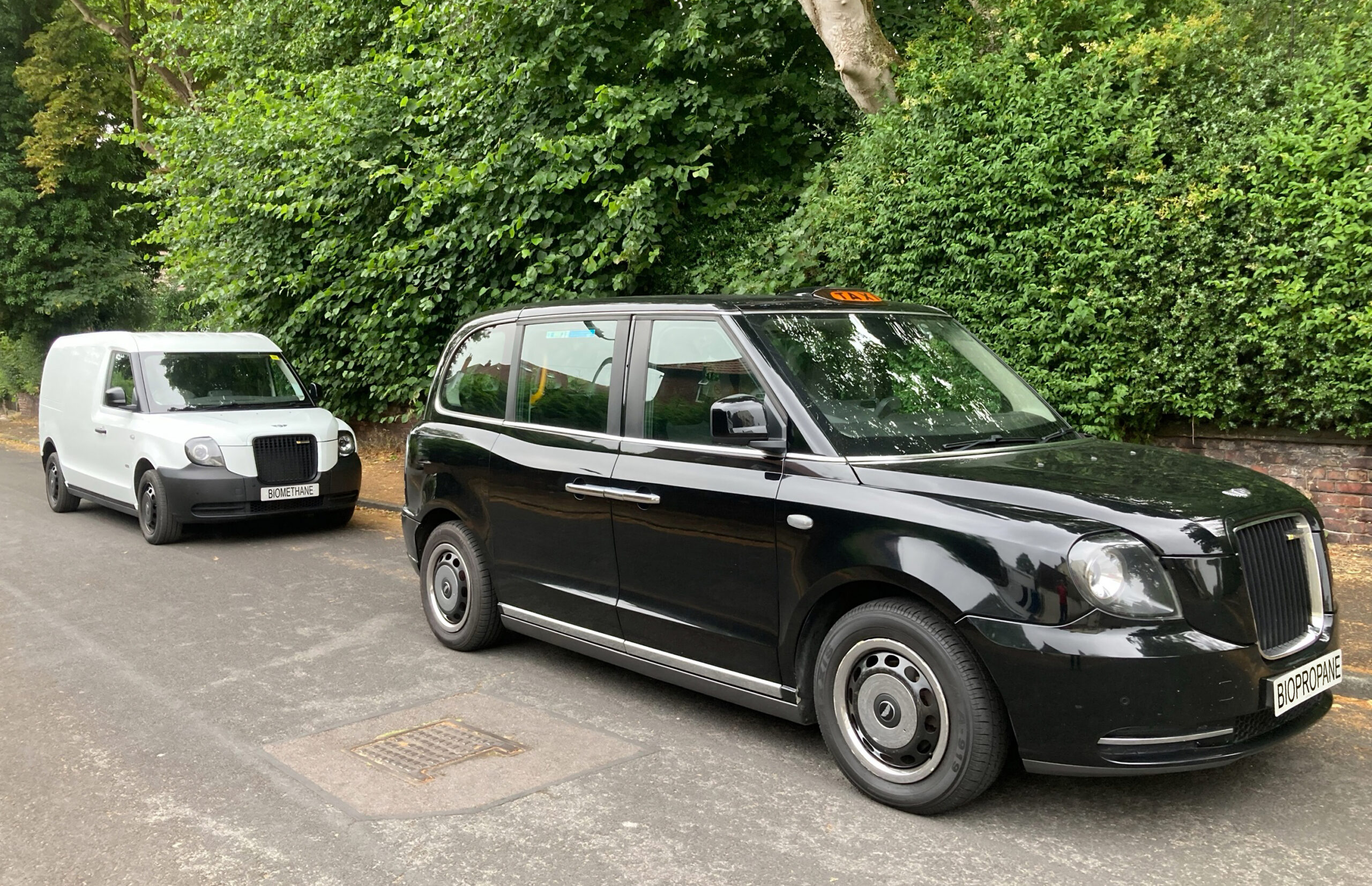Media Room
Prins Autogassystemen announces bi-fuel solution for van and taxi fleets

Prins Autogassystemen has collaborated with taxi rental firm HP Taxi and engine research and development consultancy SBL-Automotive to convert a hybrid taxi to drive on cleaner alternative fuels: LPG/biopropane and CNG/biomethane.
The LEVC VN5 van and its TX taxi hybrid vehicles are manufactured by London EV Company (LEVC). Both taxi and van are equipped with a Volvo 3-cylinder DI (direct injection) petrol engine, that serves as a so called “range extender”. So unlike most other hybrid technologies, these unique cabs aren’t running on petrol to power the vehicle. Instead, the combustion engine generates electricity and acts as a power generator to supply the electrical motor.
This e-City range-extender technology – seen in LEVC’s TX taxi and VN5 van – combines a 31 kWh lithium-ion battery with a three-cylinder petrol engine as a range extender. This results in an electric-only range of 58 miles (93 km) and a total range of 300 miles (484 km).
Now, the new partnership has evolved the VN5 and TX even further. The range extender is no longer relying on the use of petrol, but can also run on alternative fuels like LPG/biopropane and CNG/biomethane, allowing fleet operators to reduce both emissions and fuel costs.
Moreover, since the original petrol tank is retained, the range of the vehicles increases. When powered by a range-extended engine, the operating range of the hybrid vehicle increases by up to 90% when using LPG/biopropane. Resulting in a total range of 670 miles (1.078 km) for the bi-fuel LPG/biopropane evolution.
The expected return on investment period is 12 to 18 months, depending on the amount of miles travelled, the kilometres per litre obtained, future fluctuations in fuel prices and the conversion costs still being in development. Even further savings can be expected as fuel prices of biopropane and biomethane drop, as production volumes continue to ramp up.
The three companies are also collaborating with fuel manufacturers and suppliers to expand the existing refuelling network of biopropane and biomethane. For more information, please visit this link.
26 October 2022
